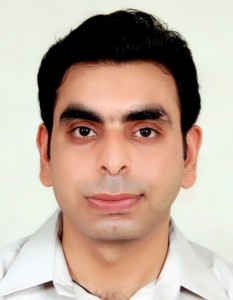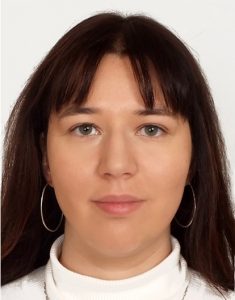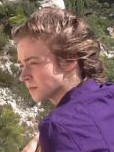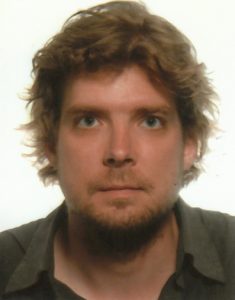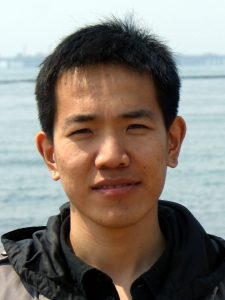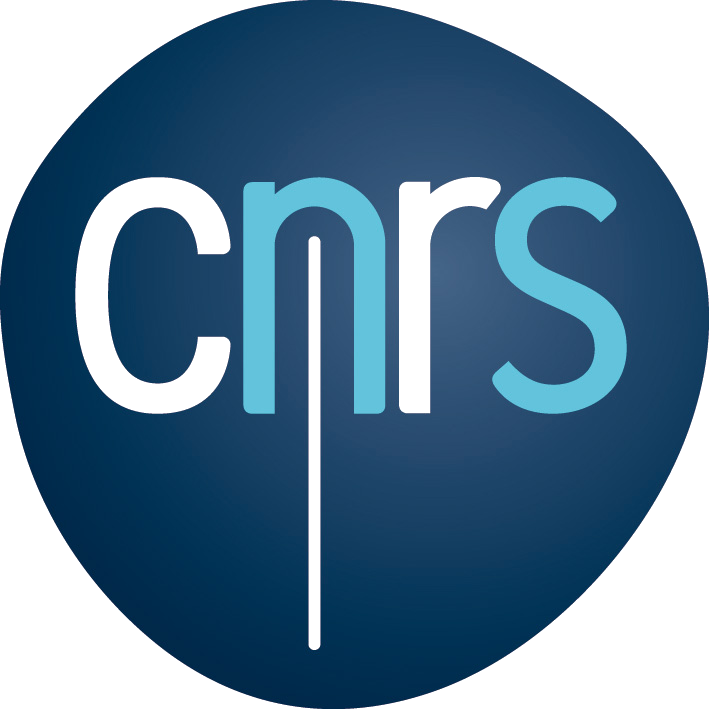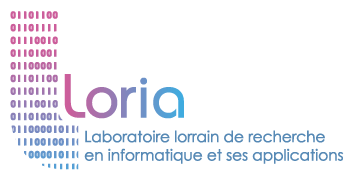Speaker: Karan Nathwani (post-doctoral fellow) Date: June 15, 2017 Abstract: Recently, the idea of estimating the uncertainty about the features obtained after speech enhancement and propagating it to dynamically adapt deep neural network (DNN) based acoustic models has raised some interest. However, the results in the literature were reported on simulated noisy datasets for a limited variety …
Category: Seminars
May 18
Robust Online Direction of Arrival Estimation using Spherical Arrays
Speaker: V. Vishnu Vardan Varanasi Date: May 18, 2017 Abstract: DOA Estimation is a challenging task especially in presence of noise and reverberation. Various applications of acoustic source localization include Distant Automatic Speech Recognition, Music Information Retrieval etc. Spherical Microphone Array(SMA) captures spherical variation of acoustic field with spherical harmonics. A wide range of DOA estimation algorithms …
May 11
Explaining the parameterized Wiener filter with alpha-stable processes
Speaker: Mathieu Fontaine Date: May 11, 2017 Abstract: We introduce a new method for single-channel denoising that sheds new light on classical early developments on this topic that occurred in the 70’s and 80’s with Wiener filtering and spectral subtraction. Operating both in the short-time Fourier transform domain, these methods consist in estimating the power spectral …
Apr 06
Articulatory speech synthesis from static context-aware articulatory targets
Speaker: Anastasiia Tsukanova Date: April 6, 2017 Abstract: In this talk I will present my work that has been carried out in the domain of articulatory speech synthesis — that is, synthesizing speech through simultaneous control over the articulators (the jaw, the tongue, the lips, the velum, the larynx and the epiglottis) and the source. It …
Mar 16
Automatic analysis of user’s social cues during mediated communication
Speaker: Nathan Libermann Date: March 16, 2017 Abstract: In this talk I will present the results of my master internship. I propose to explore the social cues expressed by a user during a mediated communication either with an embodied conversational agent or with another human. For this purpose, I have exploited a machine learning method to …
Feb 09
Supervised group nonnegative matrix factorisation with similarity constraints and applications to speaker identification
Speaker: Romain Serizel Date: February 9, 2017 Abstract: This paper presents supervised feature learning approaches for speaker identification that rely on nonnegative matrix factorisation. Recent studies have shown that group nonnegative matrix factorisation and task-driven supervised dictionary learning can help performing effective feature learning for audio classification problems. This paper proposes to integrate a recent method …
Nov 02
Time-frequency masking and Optimal Wiener filter for multichannel speech enhancement
Speaker: Ziteng Wang Date: December 8, 2016 Abstract: Time-frequency speech presence probability estimation or mask estimation is crucial in speech enhancement. It is especially the case in Multichannel Wiener Filter (MWF), of which the solution only relies on the second-order statistics of speech and noise. For the estimation methods, there has been a shift from experimental thresholding on multichannel features to …
Nov 02
Speaker Recognition: Current Challenges and Trends
Speaker: Dayana Ribas Date: November 3, 2016 Abstract: Currently there is an increasing interest in the development of technologies that integrate biometric systems due to its wide use in applications where the identification of individuals is required. In this context, Automatic Speaker Recognition Systems are in high demand from both commercial to security applications, and therefore …
Sep 28
Feature learning based on nonnegative matrix factorisation for speaker identification
Speaker: Romain Serizel Date: September 29, 2016 Abstract: The main target of speaker identification is to assert whether or not the speaker in an audio recording is known and if he/she is known, to find his/her identity. A recent trend is to use feature learning based approaches to overcome the limitations of hand-craft features. This talk …

